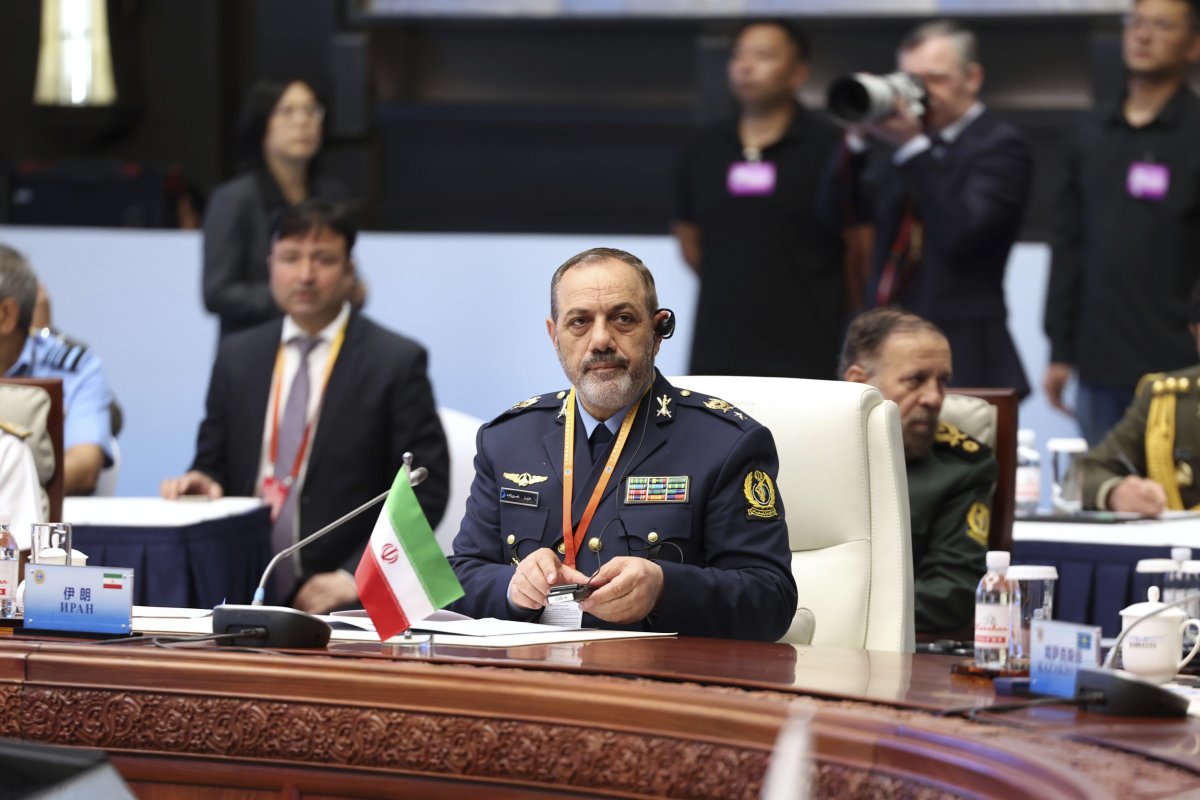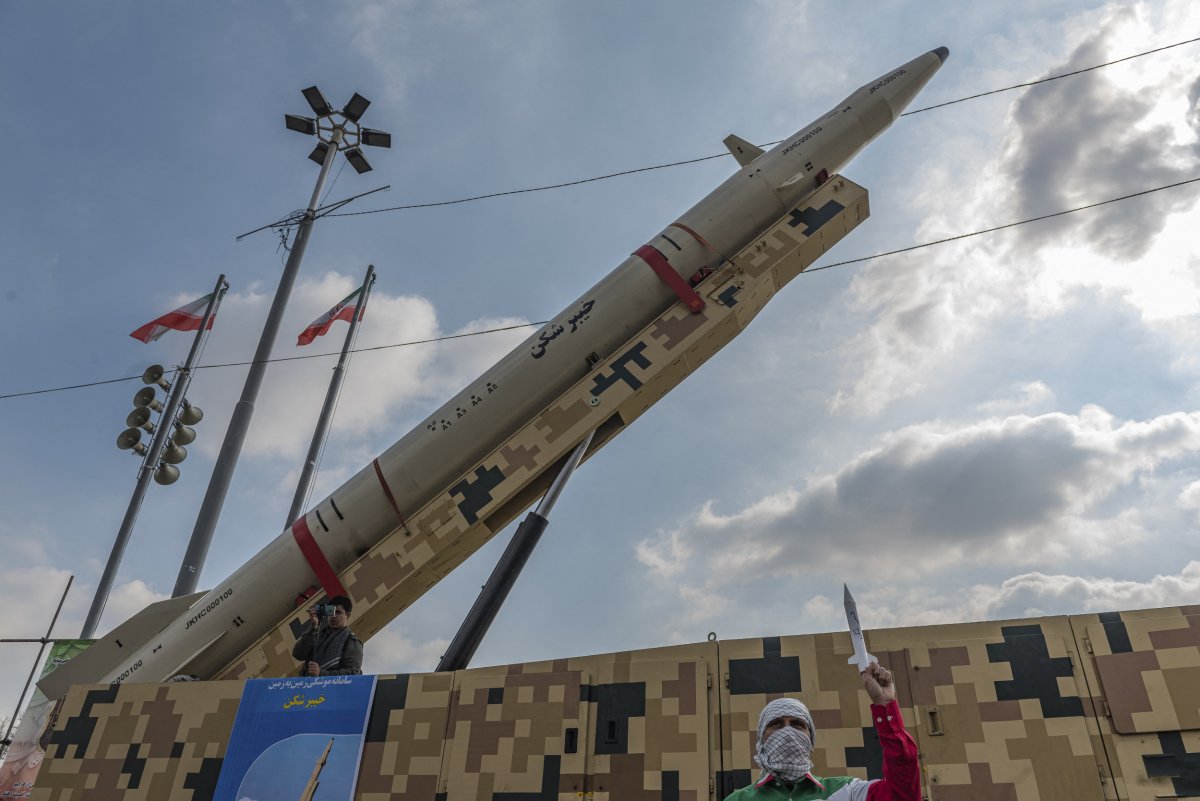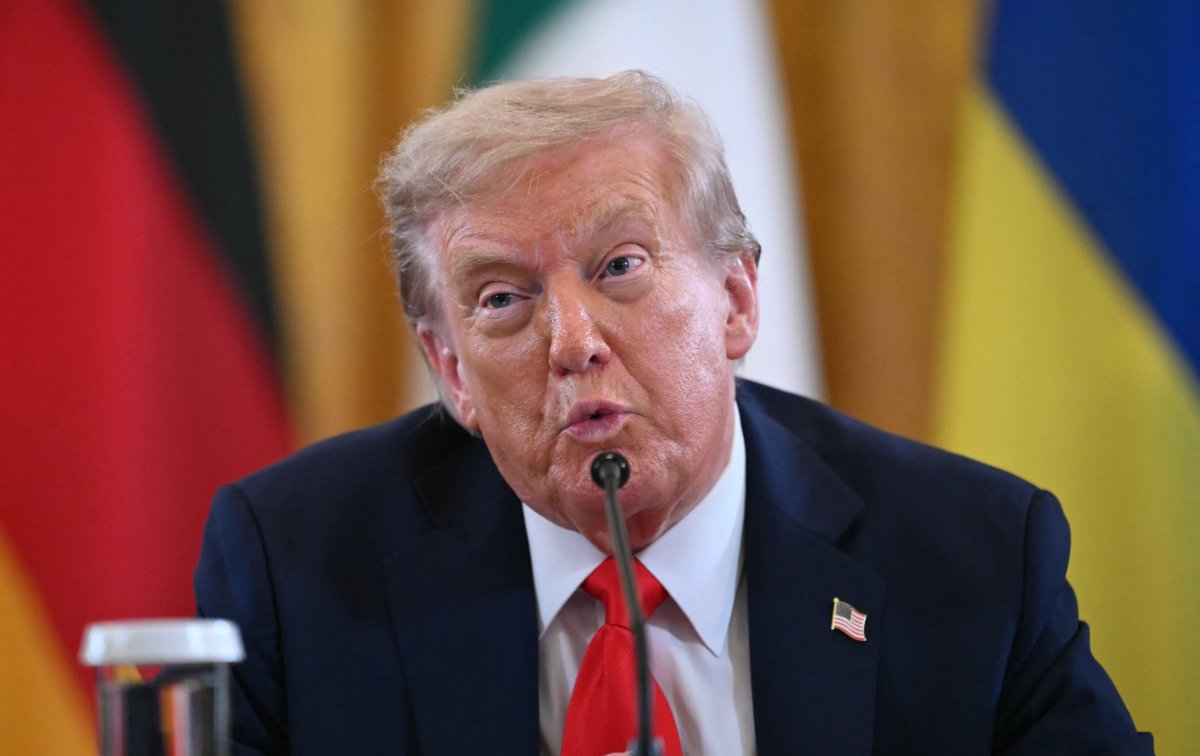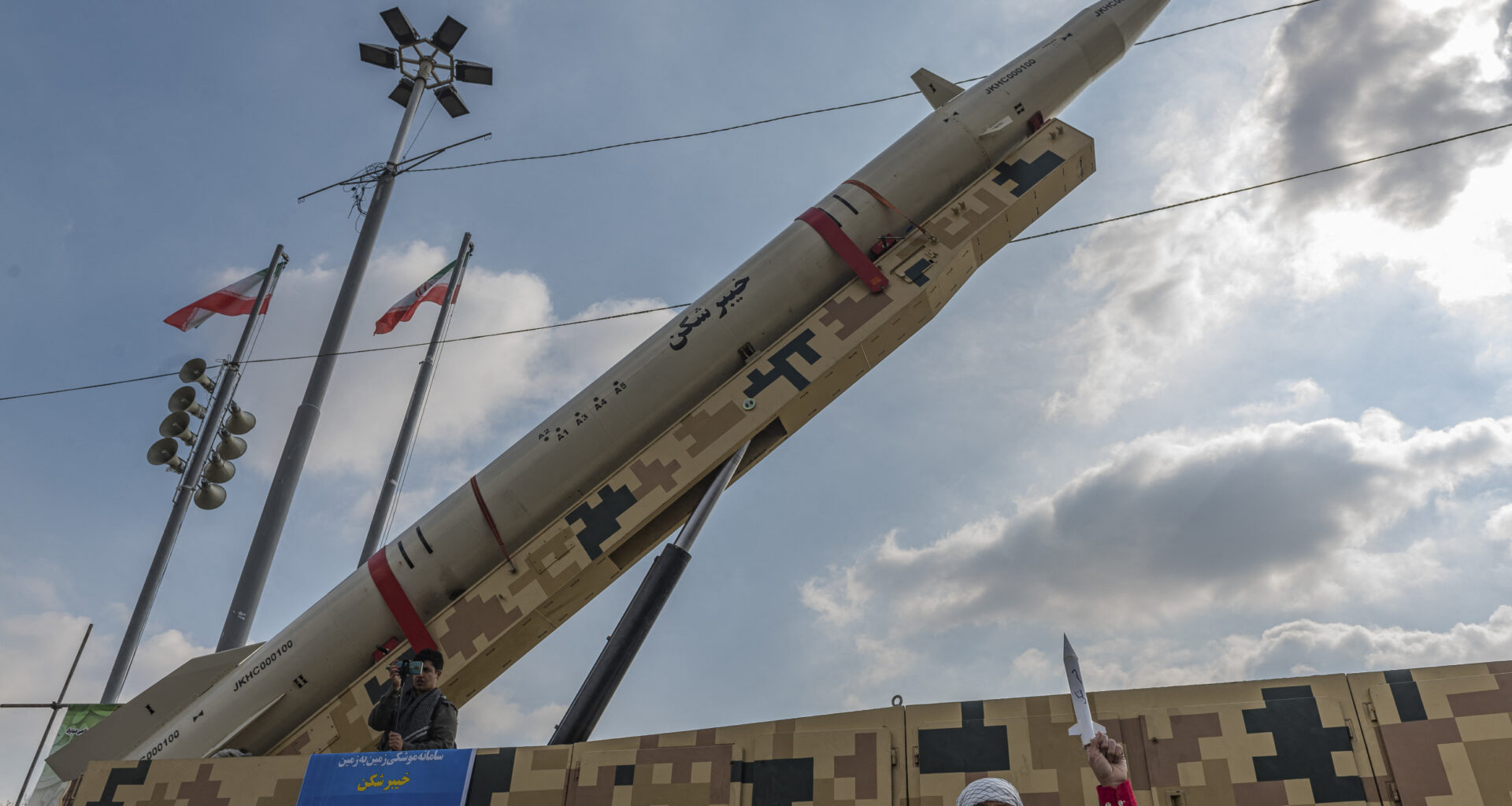Tehran has built a new generation of advanced missiles that are ready to be used against Israel if there is another attack, Iran’s defense minister said on Wednesday.
“Today we possess missiles with far better capabilities,” Brigadier General Aziz Nasirzadeh told reporters in Tehran, signaling Iran’s readiness for a broader confrontation with not only Israel, but also the United States, which he said had provided Israeli forces with intelligence and logistics support during the recent war.
Newsweek has contacted the U.S. State Department as well as Iran and Israel’s foreign ministries for comment.
Why It Matters
The announcement underscores intensifying tensions in the Middle East following the 12-day conflict in June, which deepened rival claims of victory from both governments.
Iran’s push to showcase self-reliance in weapons production seeks to directly challenge Israeli and U.S.-made defense systems and fuels concerns of a widening arms race in the region. Washington’s direct involvement adds another volatile dimension.

Iran Defense Minister Aziz Nasirzadeh attends the Shanghai Cooperation Organization (SCO) Defense Ministers’ Meeting on June 26, 2025 in Shanghai, China. All parties participating in the meeting agreed that they should continue to enhance strategic…
Iran Defense Minister Aziz Nasirzadeh attends the Shanghai Cooperation Organization (SCO) Defense Ministers’ Meeting on June 26, 2025 in Shanghai, China. All parties participating in the meeting agreed that they should continue to enhance strategic communication, promote practical cooperation and jointly maintain regional peace and stability.
More
Fu Tian/AP Photo
What To Know
Nasirzadeh said the missiles used in June war were years old, according to Iranian state media, and that Iran now had weapons with greater range and accuracy. He warned that “another adventure” by Israel would be met with these new systems and emphasized that Iranian forces rely entirely on domestically produced arms.
Nasirzadeh claimed Iranian missiles had inflicted “heavy losses” on Israel during their recent conflict due to Israel’s faltering defenses, with early interception rates at 40 percent and falling to 10 percent by the end.
Iran’s tactics improved as Israel’s systems weakened, he said.
Israel’s Response
Nasirzadeh’s comments came after Israel’s military chief said earlier this month that the army was ready to launch more strikes on Iran. He framed the June conflict as a successful preemptive move that neutralized an existential threat.
Since then, the competing claims from Iran and Israel have only added to tensions in the region.

An Iran-made Kheibarshekan missile is exhibited during a rally that marks the 46th anniversary of Iran’s 1979 Islamic Revolution in Tehran, Iran, on February 10, 2025.
An Iran-made Kheibarshekan missile is exhibited during a rally that marks the 46th anniversary of Iran’s 1979 Islamic Revolution in Tehran, Iran, on February 10, 2025.
Hossein Beris/AP Photo
War Heroes
Meanwhile, on Tuesday, U.S. President Donald Trump told radio host Mark Levin that he and Israeli Prime Minister Benjamin Netanyahu should be considered war heroes for the strikes that he said had destroyed Iran’s nuclear program.
Trump said U.S. bombers “obliterated” three sites on June 22—a claim disputed by Iranian authorities—and described how he awarded the pilots in the Oval Office, calling the mission “so perfect.”

US President Donald Trump speaks during a meeting with Ukrainian President Volodymyr Zelensky and European leaders in the East Room of the White House in Washington, DC, on August 18, 2025.
US President Donald Trump speaks during a meeting with Ukrainian President Volodymyr Zelensky and European leaders in the East Room of the White House in Washington, DC, on August 18, 2025.
Andrew Caballero-Reynolds/Getty Images
What People Are Saying
Defense Minister Brigadier General Aziz Nasirzadeh: “The missiles we used in the 12-day war were built several years ago. Today we possess missiles with far better capabilities, and if the Zionist enemy embarks on another adventure, we will certainly use them.”
U.S. President Donald Trump: “He’s a war hero. I guess I am too. Nobody cares. But I am too. I mean, I sent those planes.”
What Happens Next
Iran’s declaration of new missile capabilities, paired with Trump’s insistence that U.S. strikes had crippled Tehran’s nuclear ambitions, sets the stage for another cycle of confrontation.
With Israel also vowing to respond to any renewed threat and Iran pledging to unleash more advanced weaponry, the region appears locked in a path toward further escalation.
